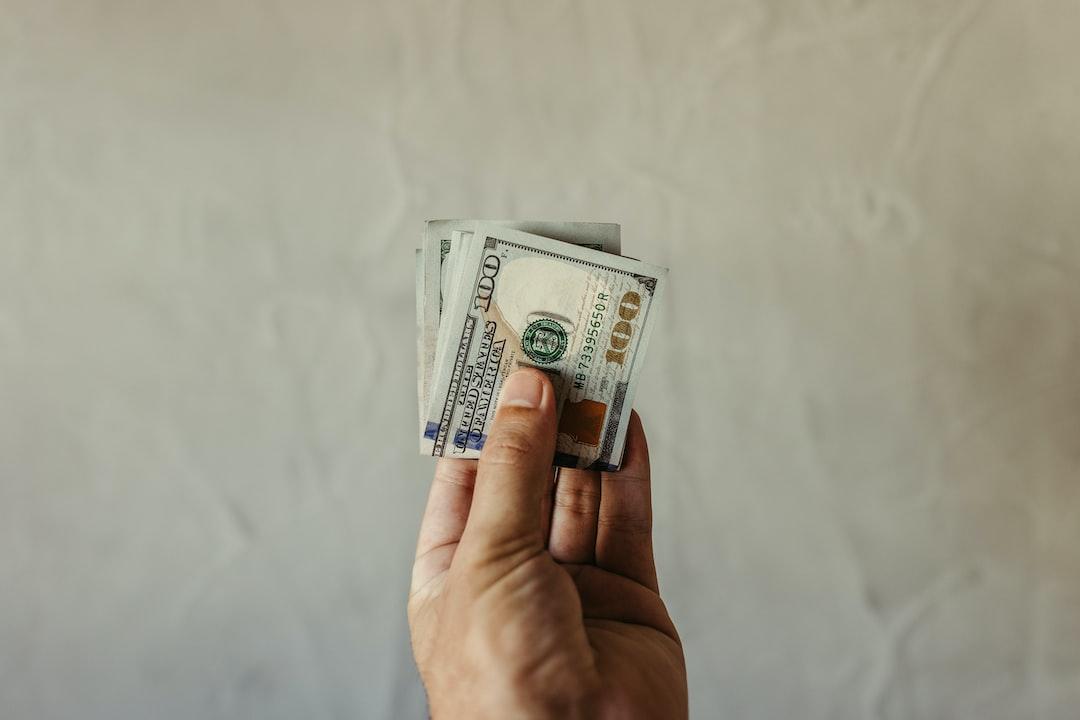In order to prevent virtual currencies from being used to facilitate terrorist financing, the U.S. Treasury Department is seeking greater enforcement powers from Congress to combat foreign institutions that provide cryptocurrency services, including seeking more authority to sanction overseas cryptocurrency platforms.
According to Bloomberg’s report today, Adewale O. Adeyemo, Deputy Secretary of the U.S. Treasury Department, stated in his written testimony provided before the Senate hearing on Tuesday that the current problem facing the United States is that criminals are constantly seeking new ways to hide their identities and transfer resources using virtual currencies. Adewale O. Adeyemo mentioned that malicious actors like terrorists often “seek new ways to transfer their resources” as the United States takes action to sever their connections with the traditional financial system.
According to Adewale O. Adeyemo, in the past year, radical organizations such as Hamas and the Palestinian Islamic Jihad in the Gaza Strip have received cryptocurrencies from Iran’s Quds Force, and the U.S. Treasury Department has taken action against networks that assist Hamas in obtaining smaller donations. He also mentioned that North Korea and Russia are among the growing number of countries using digital assets.
Adewale O. Adeyemo is seeking congressional approval for a secondary sanction tool targeting foreign digital asset providers to prevent these providers from facilitating illicit financial activities. The U.S. Treasury Department also hopes to explicitly expand its coverage to include key digital asset participants, such as cryptocurrency exchanges. The department requests authorization to take action against overseas cryptocurrency platforms when they utilize the U.S. financial system and pose a threat to U.S. national security.
Adewale O. Adeyemo stated, “Which exchange will be the next target? Binance reached a settlement with the U.S. Department of Justice (DOJ), the Commodity Futures Trading Commission (CFTC), the Office of Foreign Assets Control (OFAC), and the Financial Crimes Enforcement Network (FinCEN), paying a huge settlement amount of $4.3 billion to continue its operations. At the end of March, another well-known cryptocurrency exchange, KuCoin, and its founders Chun Gan and Ke Tang were formally indicted by the U.S. Southern District of New York for violating U.S. anti-money laundering regulations and unauthorized currency transmission business.”
The market is closely watching who will be the next target under U.S. regulation and whether it will have a negative impact on the market.
Related reports:
Is Bitcoin’s decentralization collapsing? F2Pool exposed to “transaction scrutiny” and added to the U.S. Treasury Department’s blacklist.
6 Coinbase employees challenge the U.S. Treasury Department, demanding a review of the Tornado Cash sanctions case.
The U.S. Treasury Department announces increased sanctions on Hamas, restricting encrypted assets and third-party international money flows.


